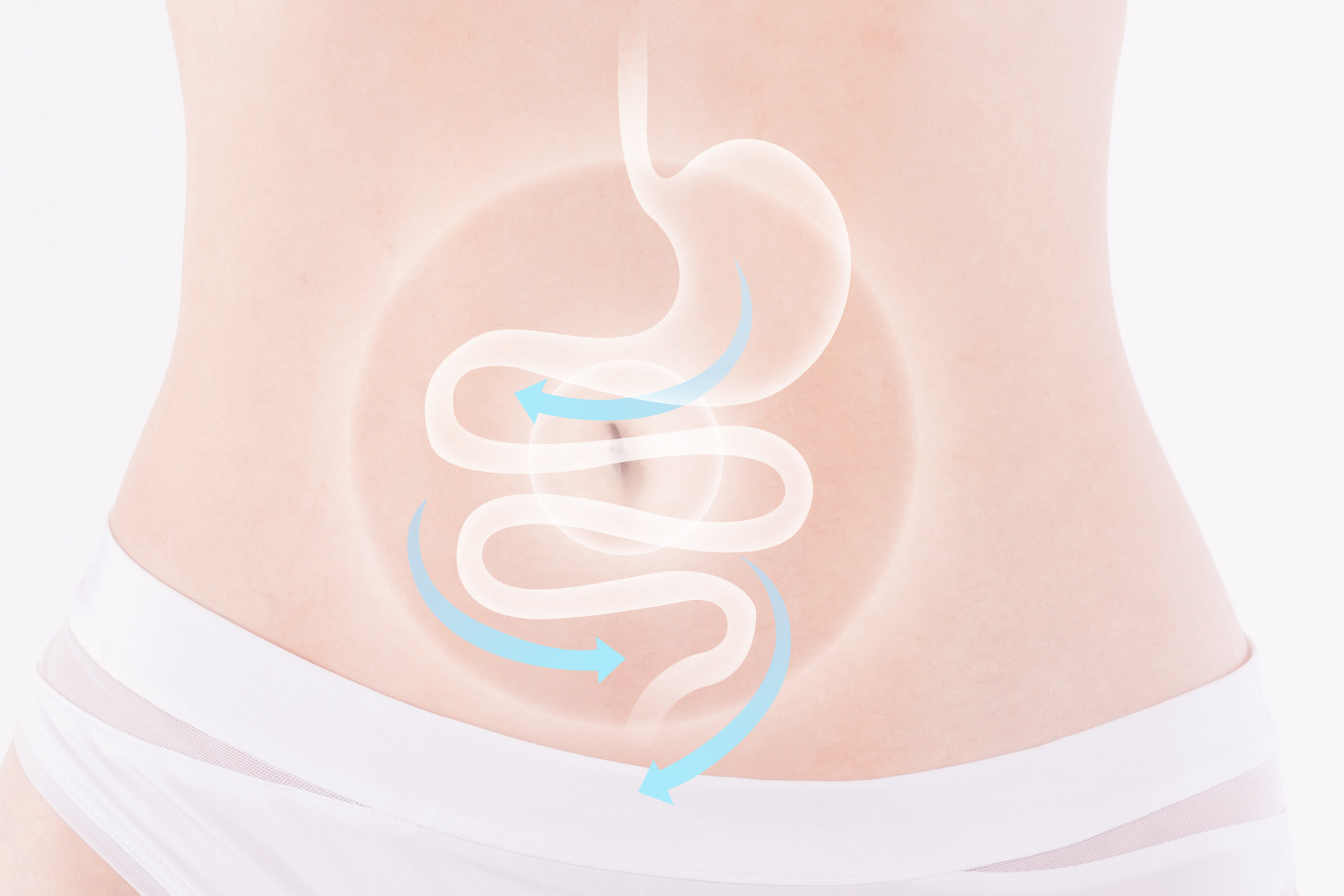Recently, many traditional Chinese medicine weight loss methods have caused quite a stir, attracting a lot of attention from the public. There are various methods for losing weight, including controlling diet, exercising more, taking herbal medicine, medicinal baths, and hydrotherapy, among others. However, from a medical perspective, is it appropriate to use herbal medicine for weight loss? And which individuals are suitable for using medication to lose weight? It is difficult to define a standard that everyone can adhere to.
In fact, obesity is related to individual genetic differences. Therefore, while some people can eat and drink a lot without gaining weight, others easily gain weight even by drinking water due to these genetic differences. Common herbal medicines for weight loss include semen cassiae, rhubarb, hawthorn, tangerine peel, poria cocos, and plantago seed.
Although hawthorn has been proven to be effective in treating hyperlipidemia, reducing blood lipids and losing weight (reducing body fat) are two different matters. Weight loss drugs often work by promoting diuresis to eliminate excess water from the body. However, dehydration does not equate to weight loss. While weight loss can be immediately observed after dehydration, once normal eating habits are resumed, the body's water content quickly returns to its pre-weight loss state. Therefore, the effectiveness of weight loss is questionable. From this, it can be seen that theoretically, Chinese herbal medicine may be effective for weight loss, but theory and clinical application are two different things.
There are various effective traditional Chinese medicine weight loss methods. Some women who pursue beauty have experienced menstrual imbalances after long-term use of Chinese herbal weight loss drugs. Some individuals who take herbal medicine for weight loss excessively may experience weakened immune systems, which tells us that excessive use of cold-natured herbal medicine can lead to imbalances in physiological functions. Therefore, from a medical perspective, the use of medication for weight loss should be a last resort and preferably under the guidance of a physician.
In fact, moderate exercise and a balanced diet are the most physiologically appropriate methods for losing weight. However, due to individual differences in body constitution, these methods may not work for everyone. Chinese herbal medicine for weight loss is not a panacea; it should be taken under the guidance of a physician for safety. The safe use of Chinese herbal medicine for weight loss deserves attention.





